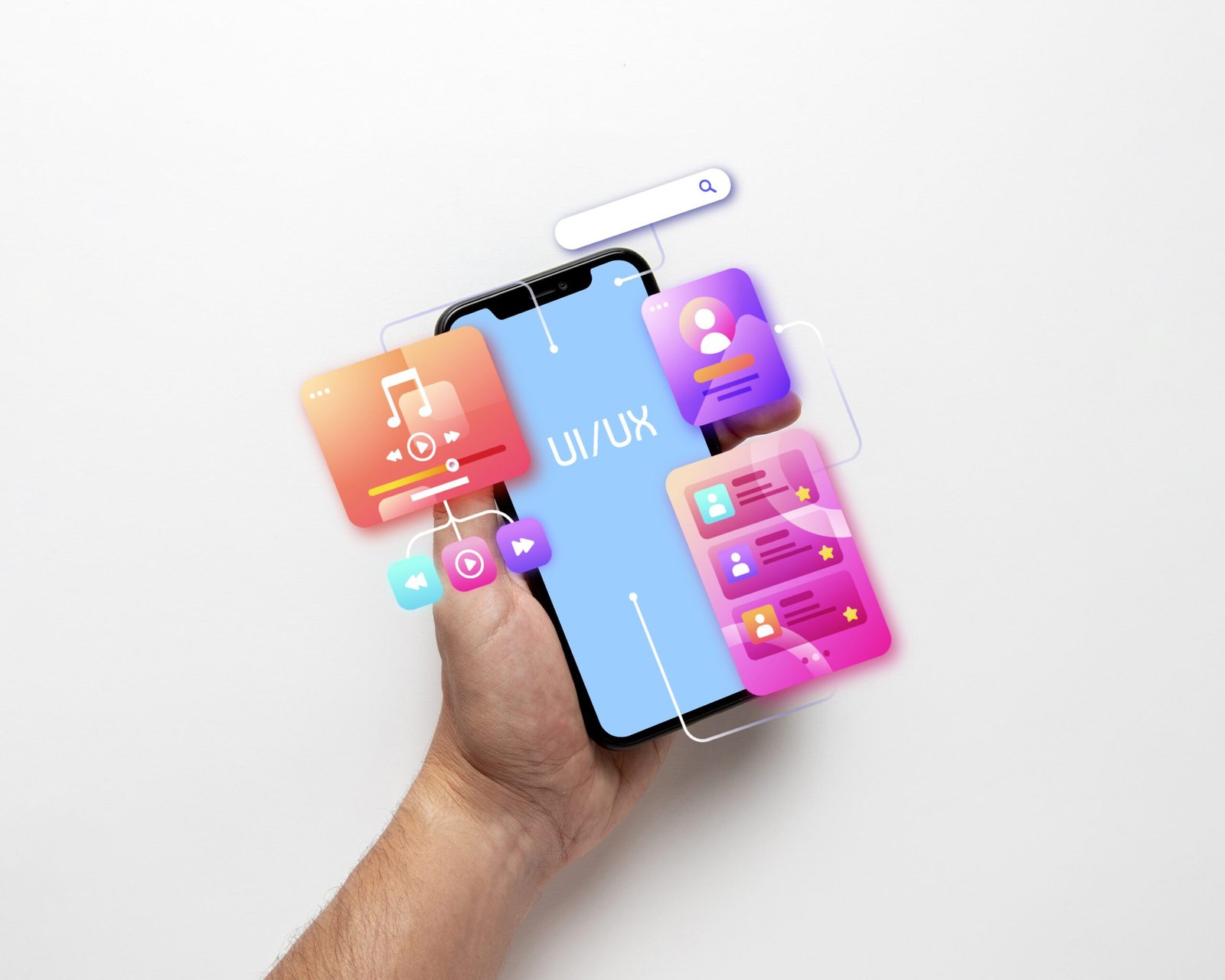The landscape of mobile app development in Dubai is ever-evolving, fueled by innovation, technological advancements, and the growing demands of consumers. In recent years, Dubai has emerged as a hub for technological innovation, attracting both local talent and international companies eager to tap into its vibrant market. From augmented reality (AR) and artificial intelligence (AI) to blockchain integration and progressive web apps (PWAs), the realm of mobile app development in Dubai is witnessing a transformative wave. In this blog, we delve into the latest trends and innovations shaping mobile app development in Dubai, exploring the technologies, strategies, and insights driving this dynamic industry forward.
- Rise of Progressive Web Apps (PWAs): Progressive Web Apps (PWAs) have gained significant traction in Dubai’s mobile app development landscape. PWAs combine the best features of web and mobile applications, offering users a seamless and engaging experience across devices. One of the key advantages of PWAs is their ability to work offline, providing uninterrupted access to content and functionalities even in low connectivity areas. Companies in Dubai are increasingly adopting PWAs to enhance user engagement, improve loading speeds, and reduce bounce rates, ultimately leading to higher conversion rates and customer satisfaction.
- Embracing Augmented Reality (AR) and Virtual Reality (VR): The integration of augmented reality (AR) and virtual reality (VR) technologies has revolutionized the mobile app development sector in Dubai. AR and VR-powered apps are reshaping various industries, including retail, real estate, tourism, and education. For instance, AR apps enable customers to visualize products in their real-world environment before making a purchase, while VR apps offer immersive experiences such as virtual property tours or interactive educational simulations. Dubai-based developers are leveraging ARKit, ARCore, and VR platforms to create captivating and interactive apps that resonate with modern consumers.
- AI-Powered Solutions and Chatbots: Artificial intelligence (AI) continues to drive innovation in mobile app development, with a focus on personalized experiences and intelligent automation. AI-powered solutions, such as machine learning algorithms and natural language processing (NLP), are being integrated into apps to analyze user behavior, predict preferences, and deliver tailored recommendations. Chatbots, powered by AI, are also gaining prominence in customer service apps, providing instant support, answering queries, and streamlining communication processes. Dubai’s tech ecosystem is witnessing a surge in AI-driven mobile apps that prioritize efficiency, convenience, and user-centricity.
- Blockchain Integration for Security and Transparency: Blockchain technology is making waves in the mobile app development sphere, particularly in Dubai’s thriving fintech and healthcare sectors. By leveraging blockchain, app developers are enhancing data security, ensuring transparency, and enabling secure transactions within apps. Blockchain-based mobile apps are transforming industries by offering decentralized solutions, reducing fraud risks, and enhancing trust among users. Dubai’s progressive regulatory environment and growing blockchain expertise are driving the adoption of blockchain-integrated apps, paving the way for innovative use cases and business models.
- Cross-Platform Development with Flutter and React Native: Cross-platform development frameworks like Flutter and React Native have gained popularity among mobile app developers in Dubai due to their efficiency, scalability, and code reusability. Flutter, backed by Google, enables developers to build high-performance apps with a single codebase for both Android and iOS platforms, reducing development time and costs. Similarly, React Native, developed by Facebook, empowers developers to create native-like experiences across multiple platforms using JavaScript. The adoption of these frameworks in Dubai’s app development ecosystem underscores the industry’s emphasis on agility, speed, and quality.
- User-Centric Design and UX/UI Trends: User experience (UX) and user interface (UI) design play a pivotal role in the success of mobile apps. Dubai-based developers are prioritizing user-centric design principles, focusing on intuitive navigation, minimalistic interfaces, and seamless interactions. Dark mode, gesture-based controls, micro-interactions, and personalized content are among the prevailing UX/UI trends shaping mobile app experiences in Dubai. Emphasis is also placed on accessibility features, ensuring that apps are inclusive and accessible to users with diverse needs and preferences.
- Integration of IoT and Smart Devices: The Internet of Things (IoT) is converging with mobile app development in Dubai, leading to the creation of smart, connected experiences. IoT-enabled apps can interact with a wide range of smart devices, from wearables and home automation systems to industrial sensors and vehicles. These apps leverage real-time data, automate tasks, and enhance user convenience through seamless device integration. Dubai’s smart city initiatives and the proliferation of IoT ecosystems are driving innovation in IoT-integrated mobile apps, unlocking new possibilities in sectors such as healthcare, transportation, and smart homes.
- Emphasis on Cybersecurity and Data Privacy: As the mobile app landscape evolves, cybersecurity and data privacy have become paramount concerns for developers, businesses, and users alike. Dubai’s app development sector is placing a strong emphasis on implementing robust cybersecurity measures, encryption protocols, and data protection mechanisms. Compliance with international standards such as GDPR and adherence to local regulations are integral parts of app development strategies in Dubai. Developers are also leveraging secure authentication methods, biometric technologies, and secure APIs to safeguard user data and build trust among consumers.
Conclusion: The mobile app development landscape in Dubai is characterized by innovation, collaboration, and a relentless pursuit of excellence. From progressive web apps (PWAs) and augmented reality (AR) experiences to AI-driven solutions and blockchain integration, Dubai-based developers are at the forefront of technological advancements. By embracing cross-platform development frameworks, user-centric design principles, and IoT-enabled solutions, the app development sector in Dubai is poised for continued growth and transformation. As Dubai solidifies its position as a global tech hub, the convergence of cutting-edge technologies and creative talent will drive the next wave of mobile app innovations, shaping the digital experiences of tomorrow.
